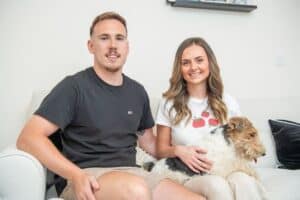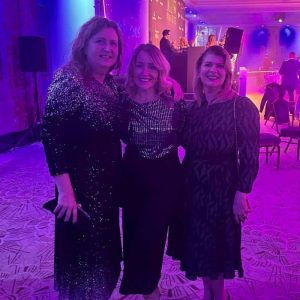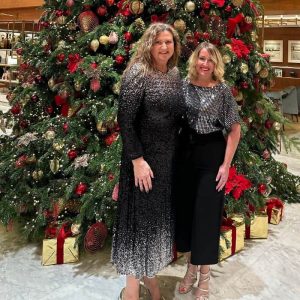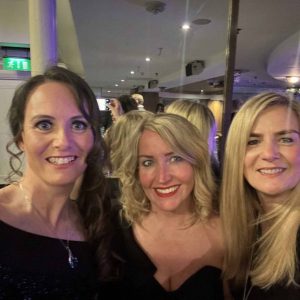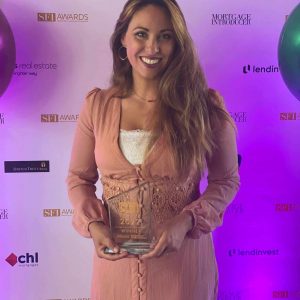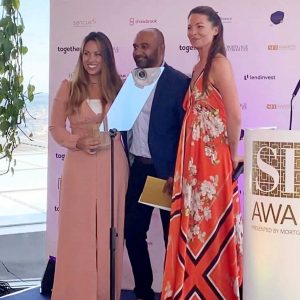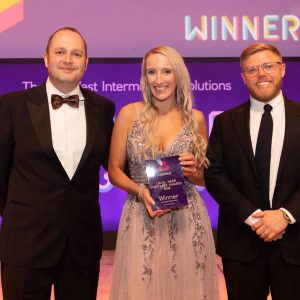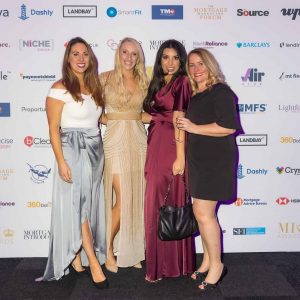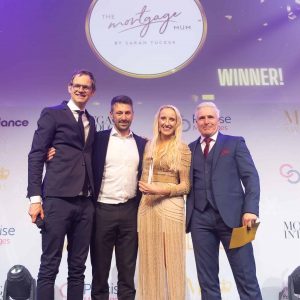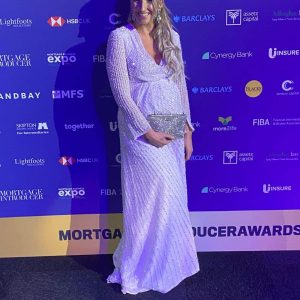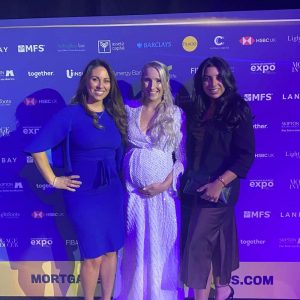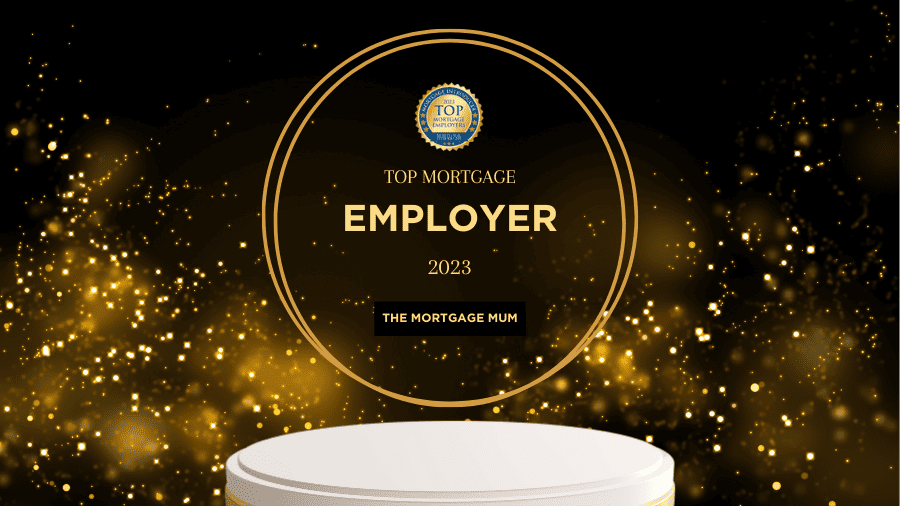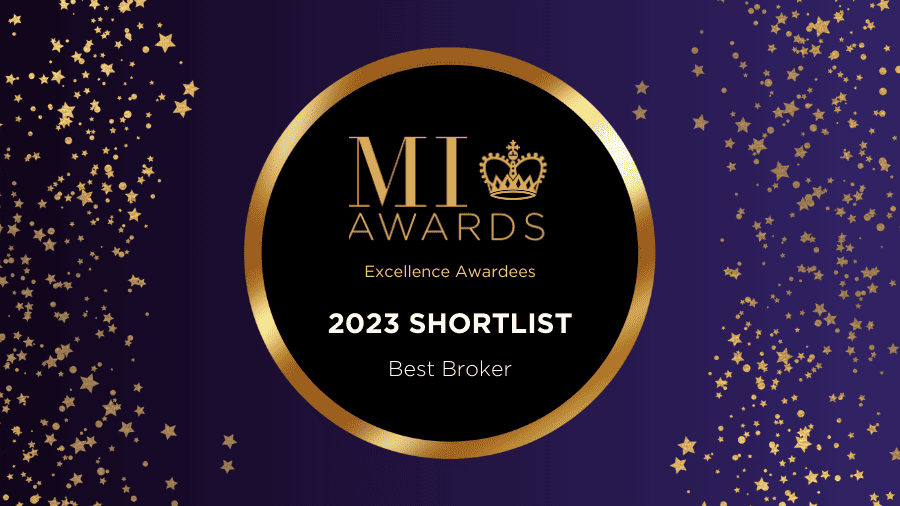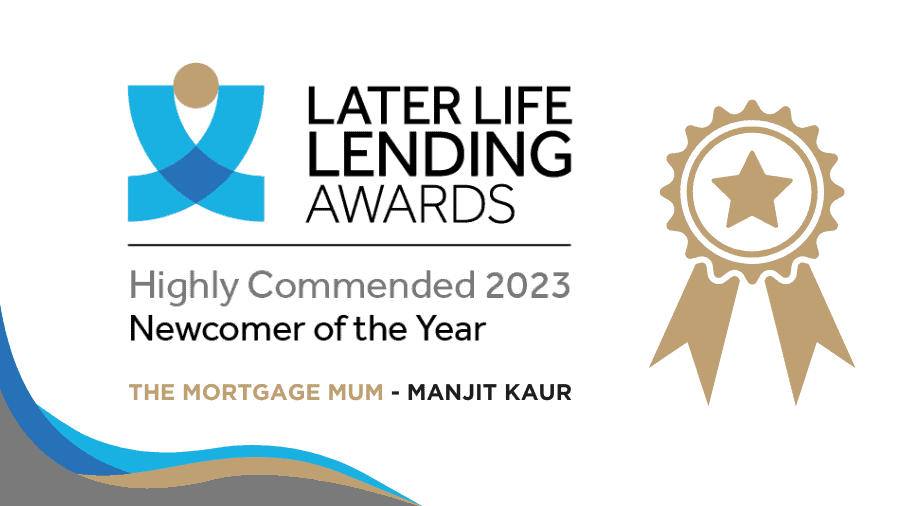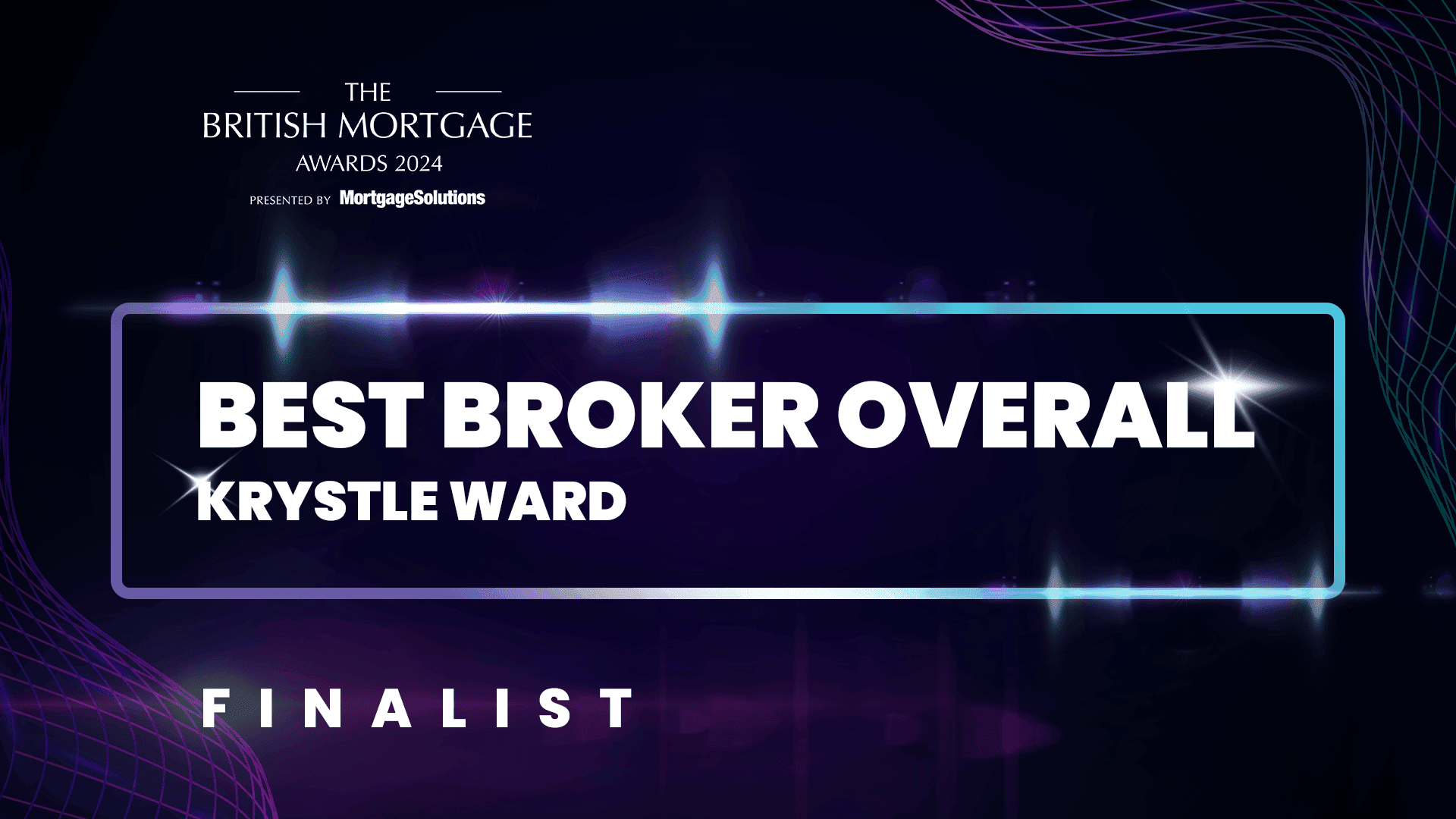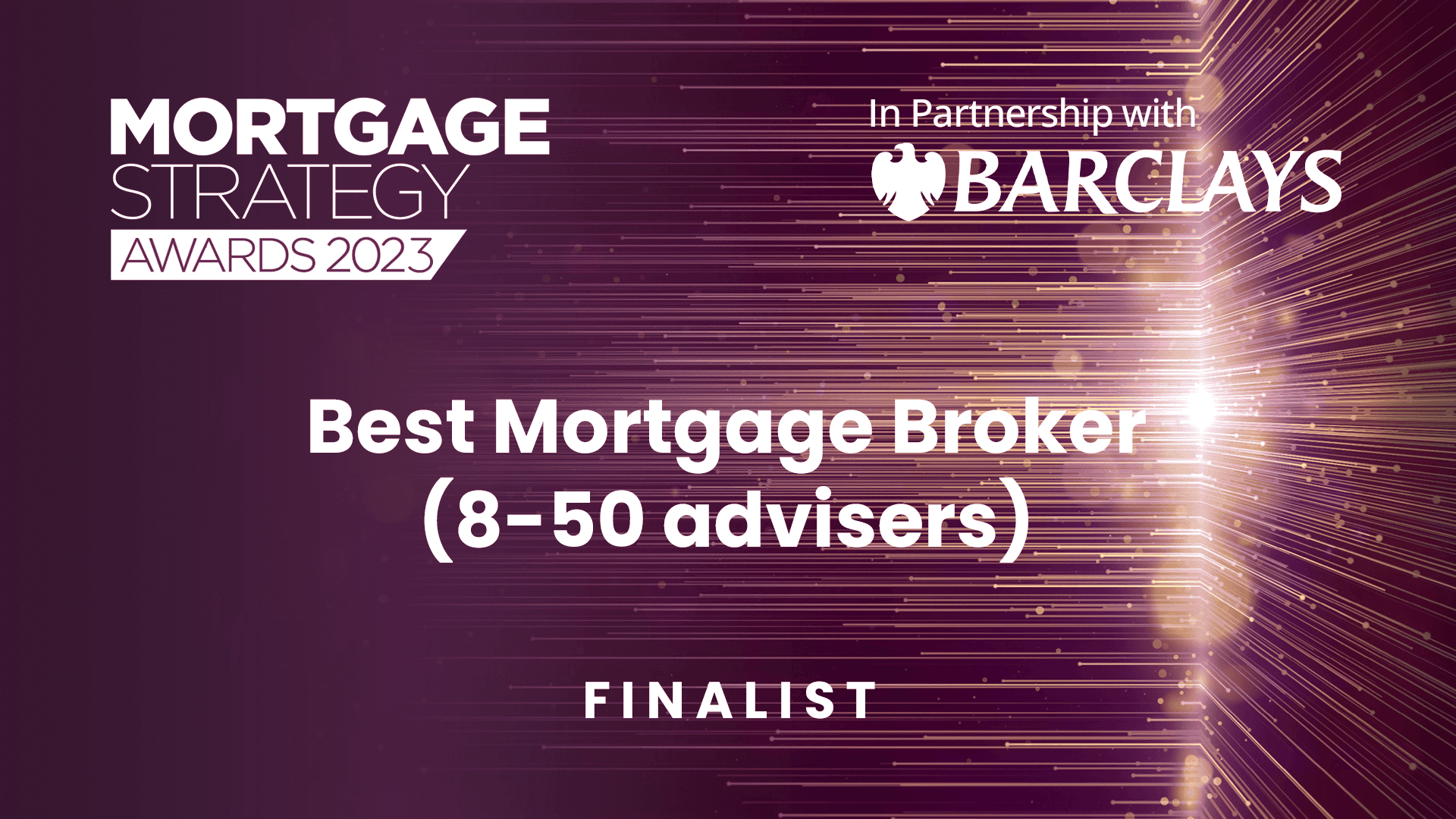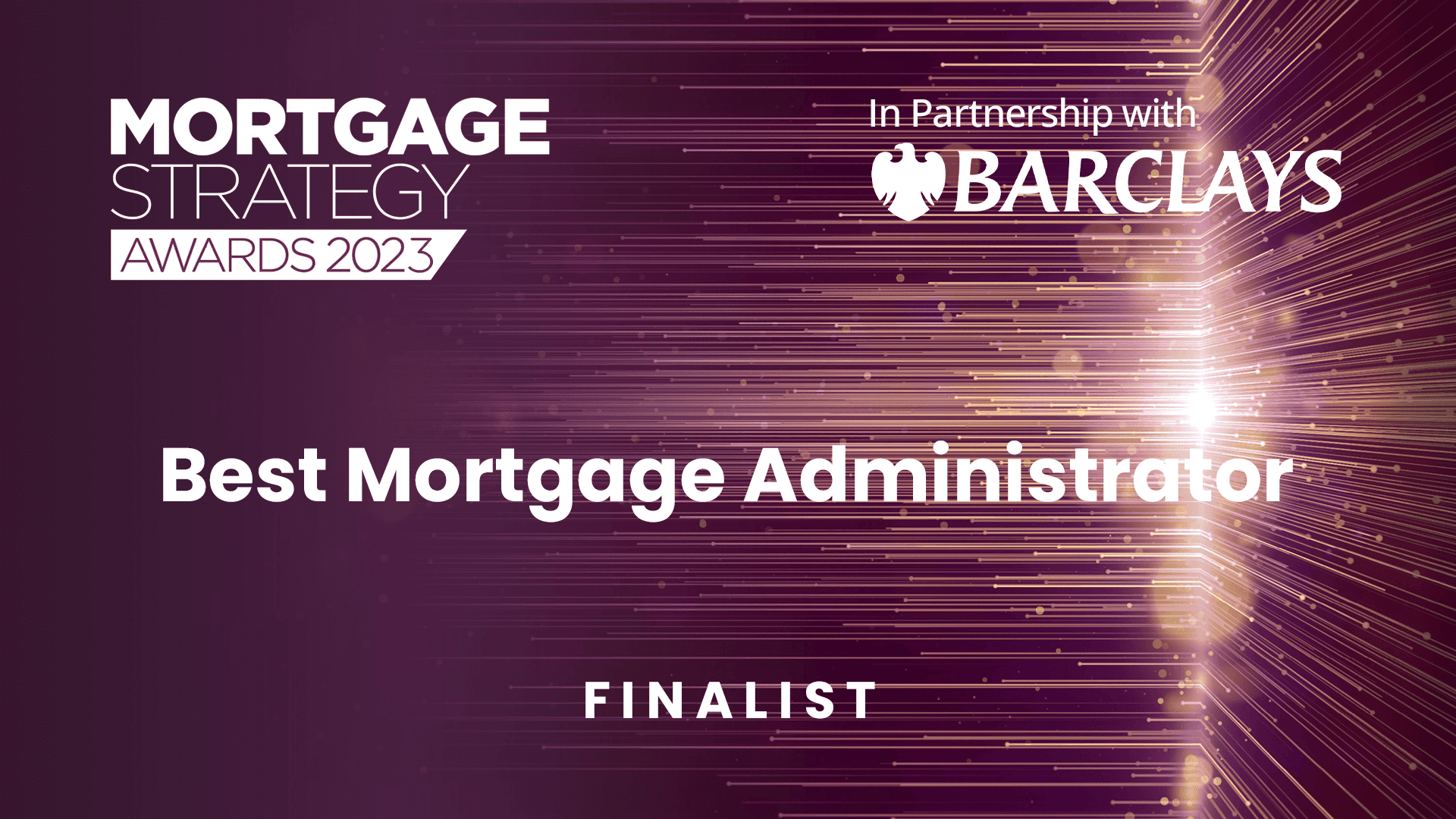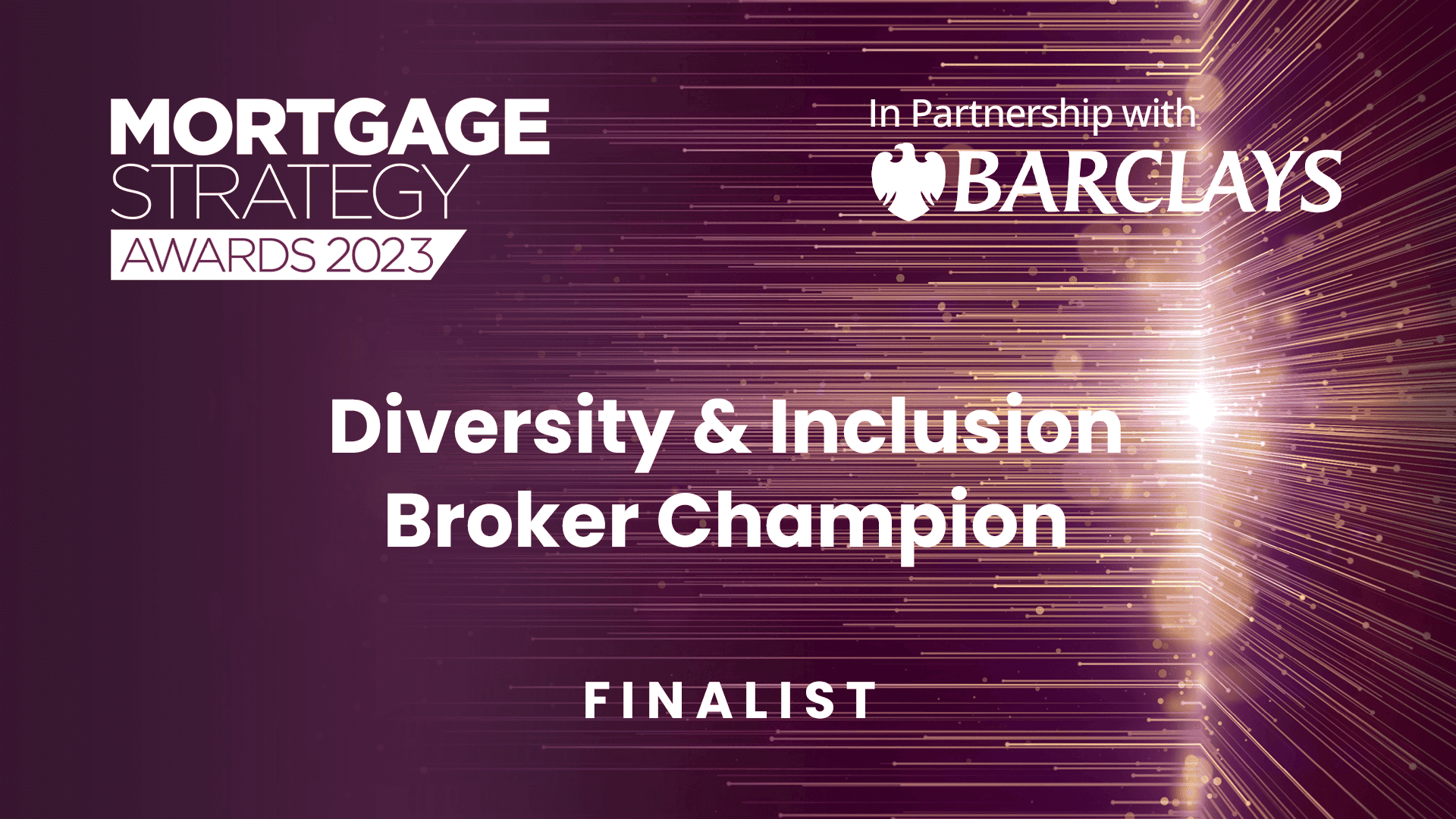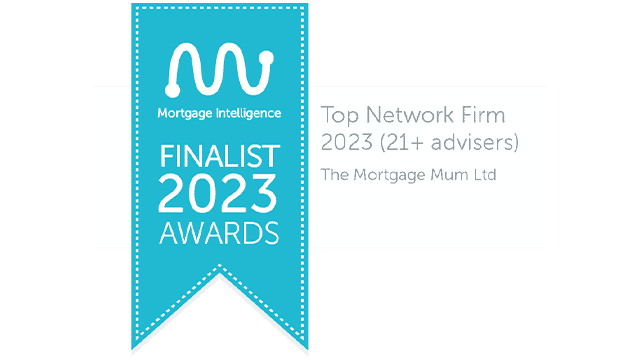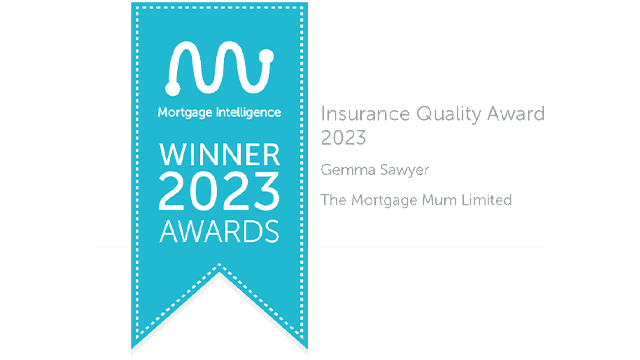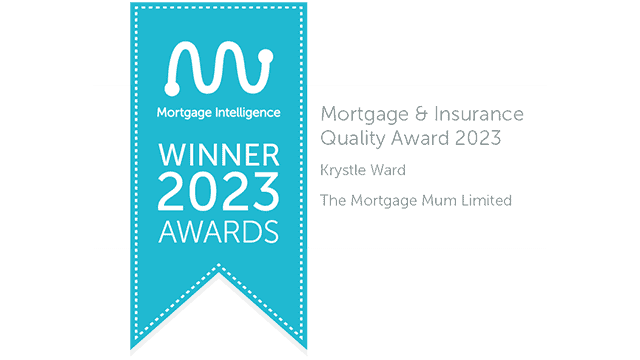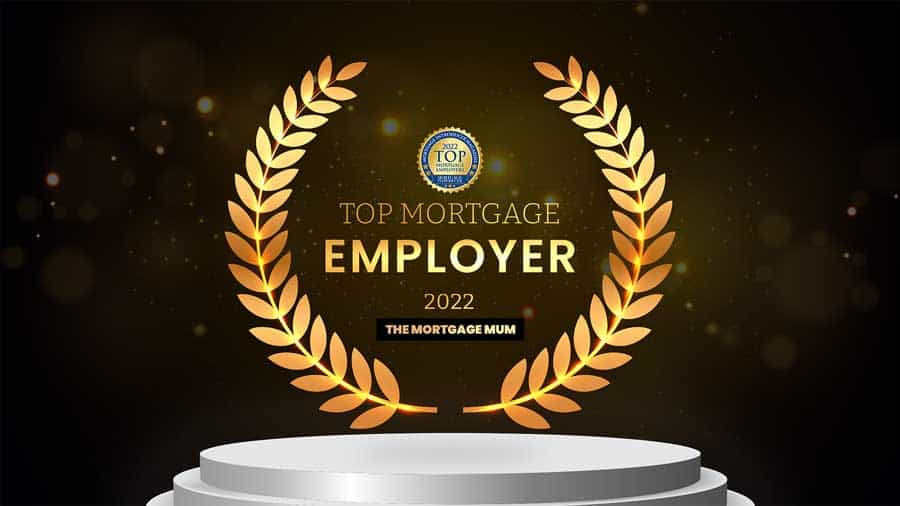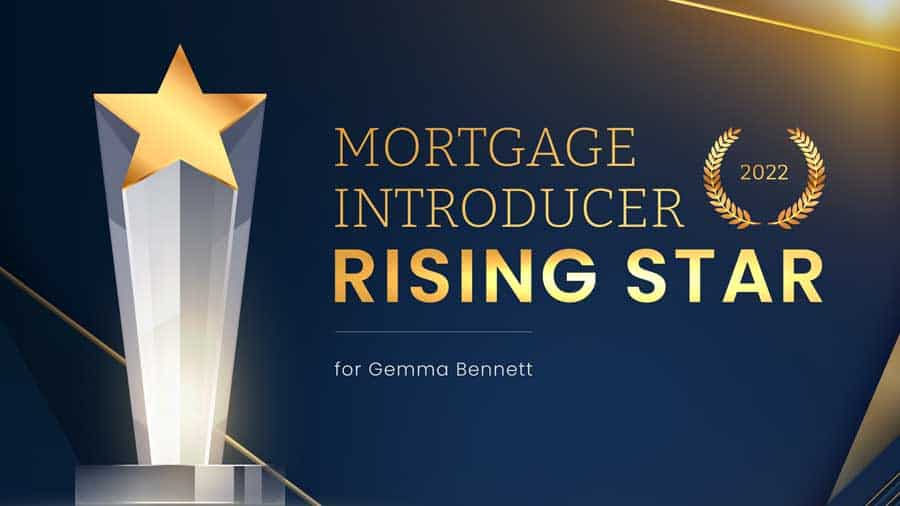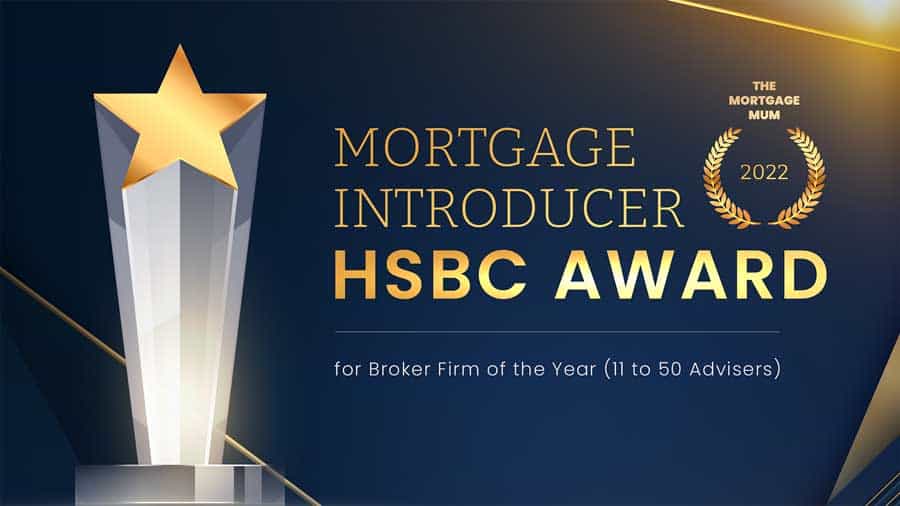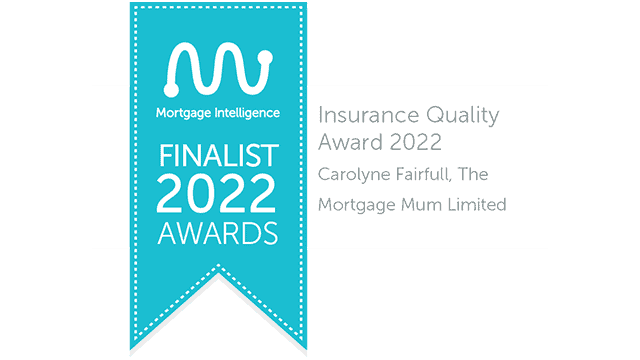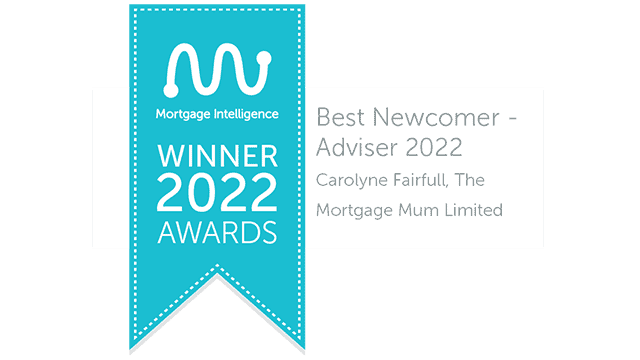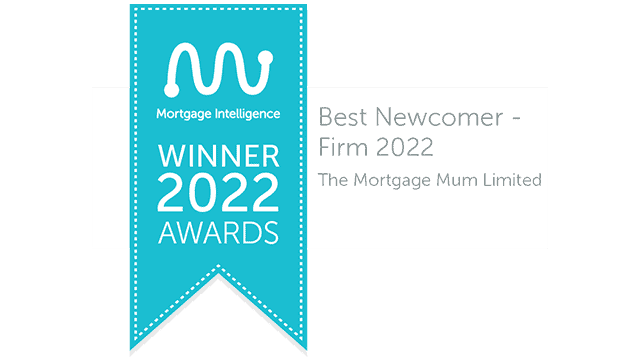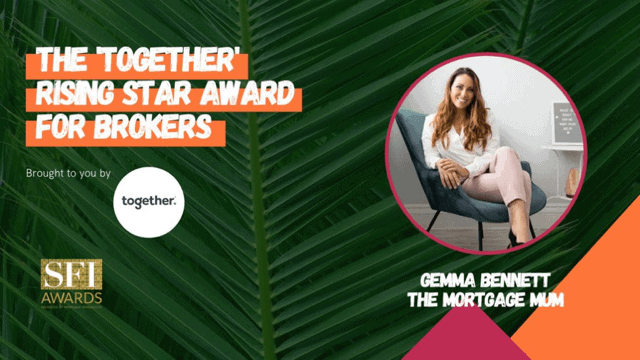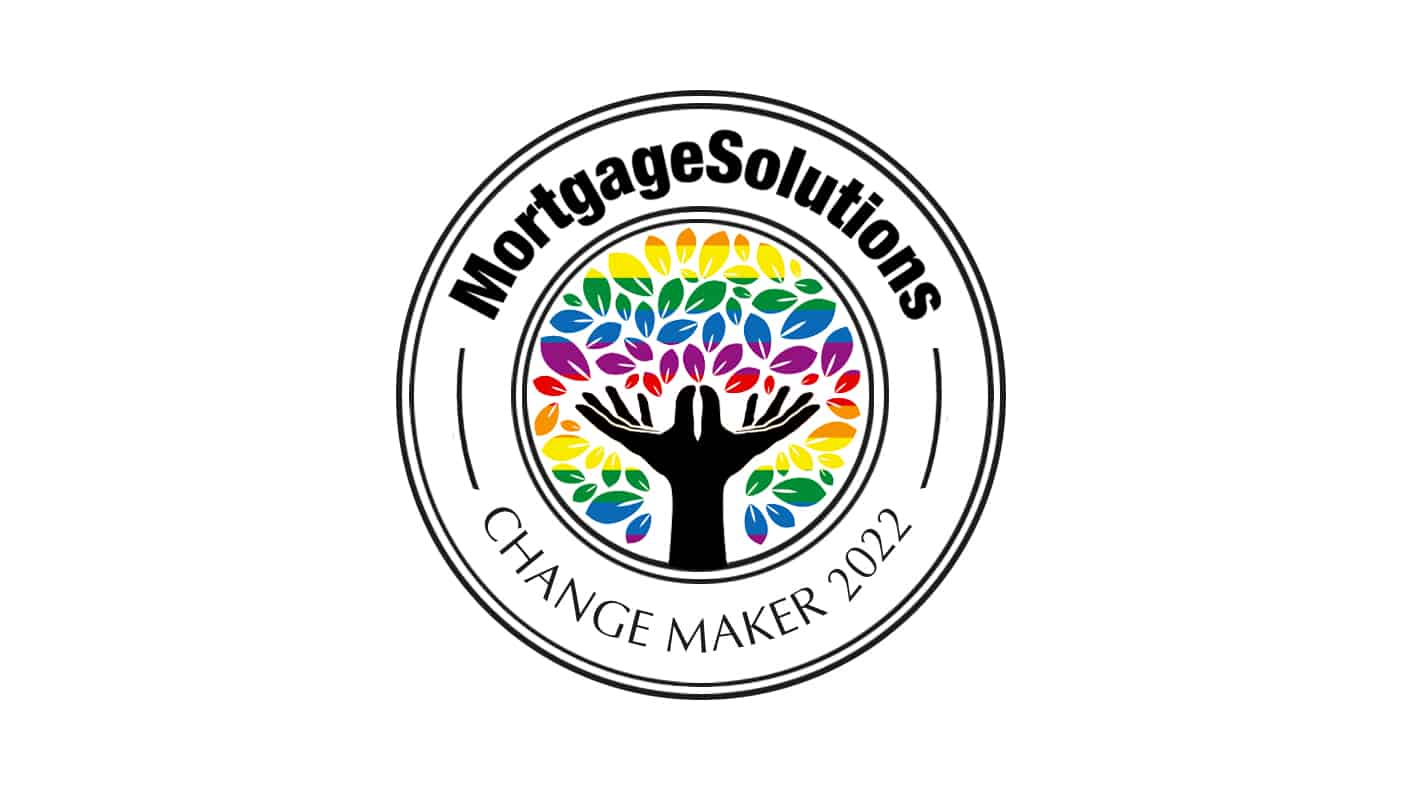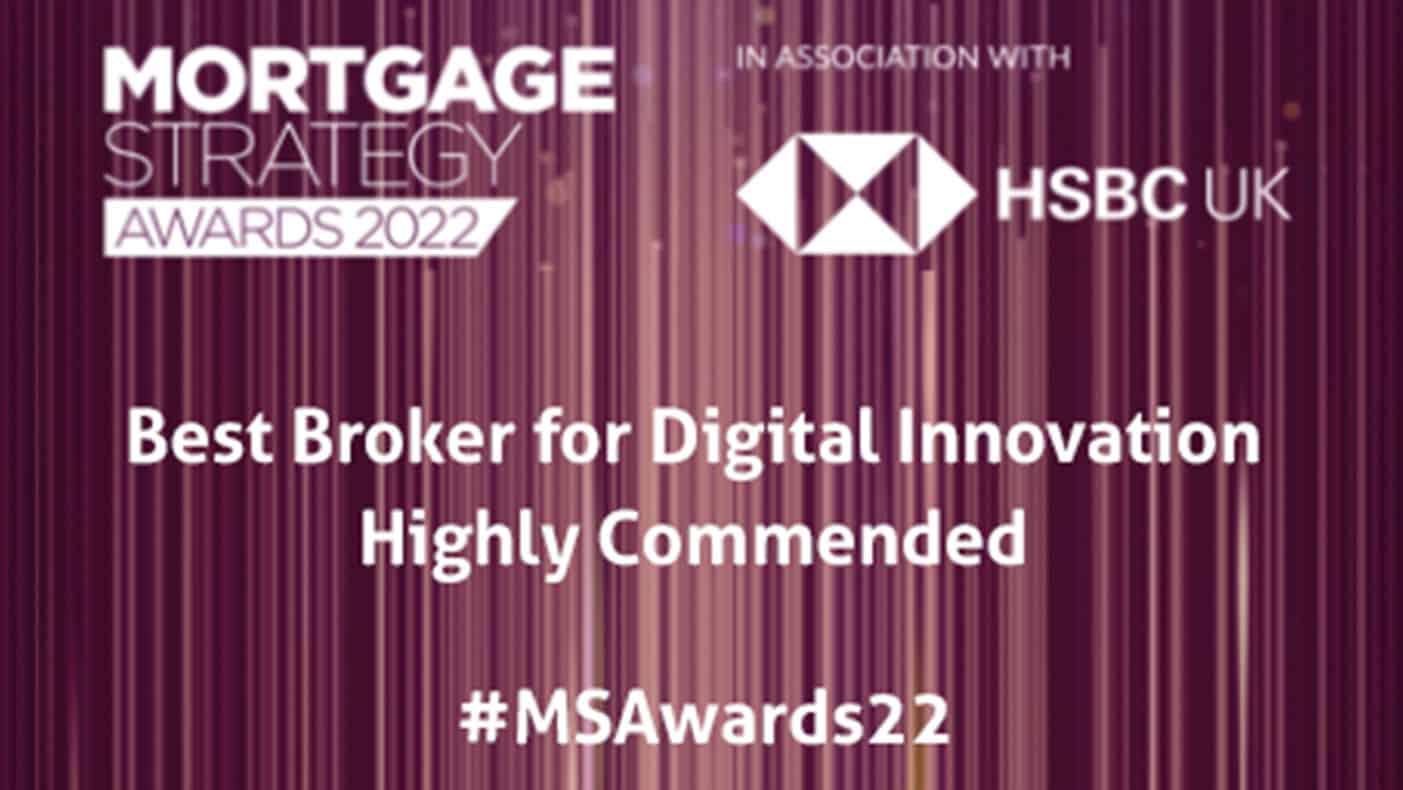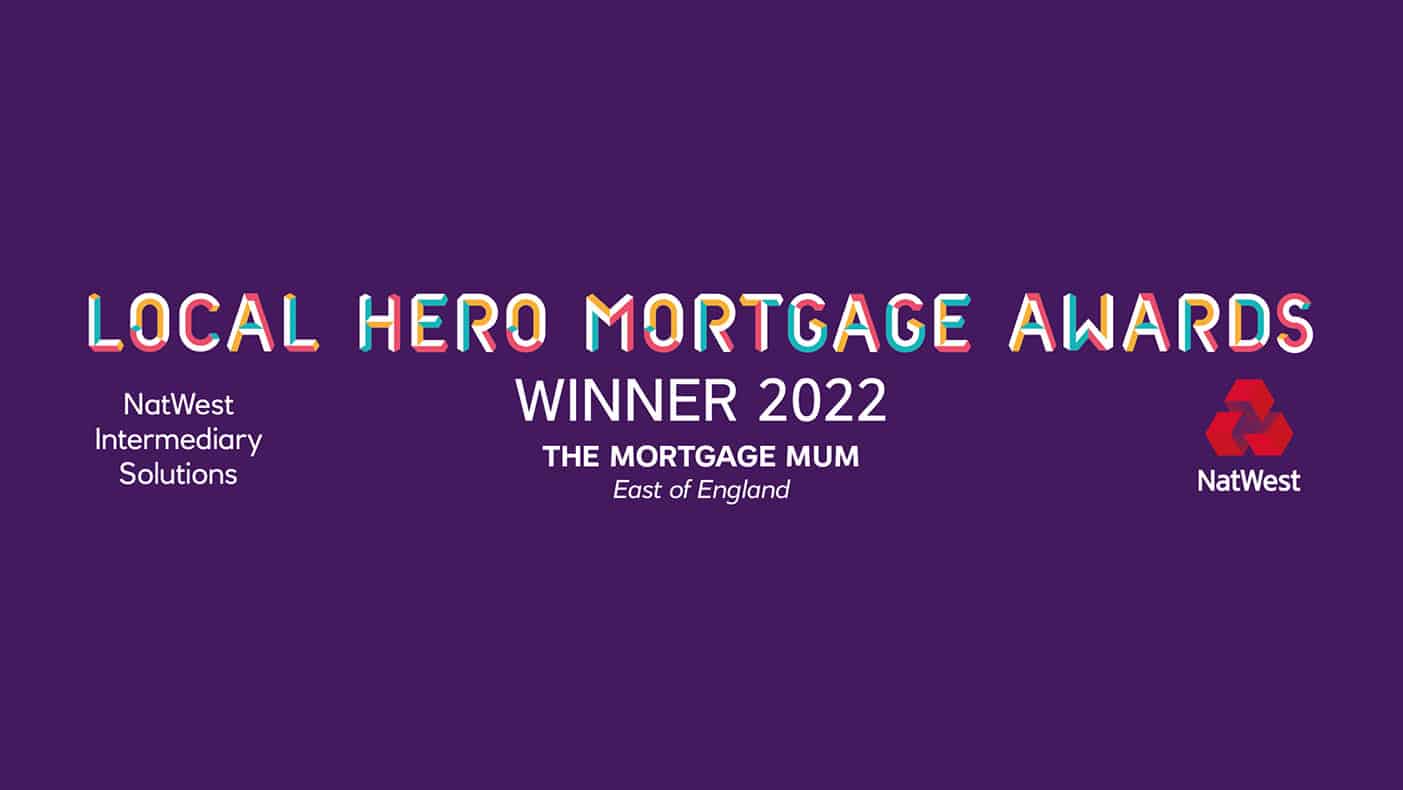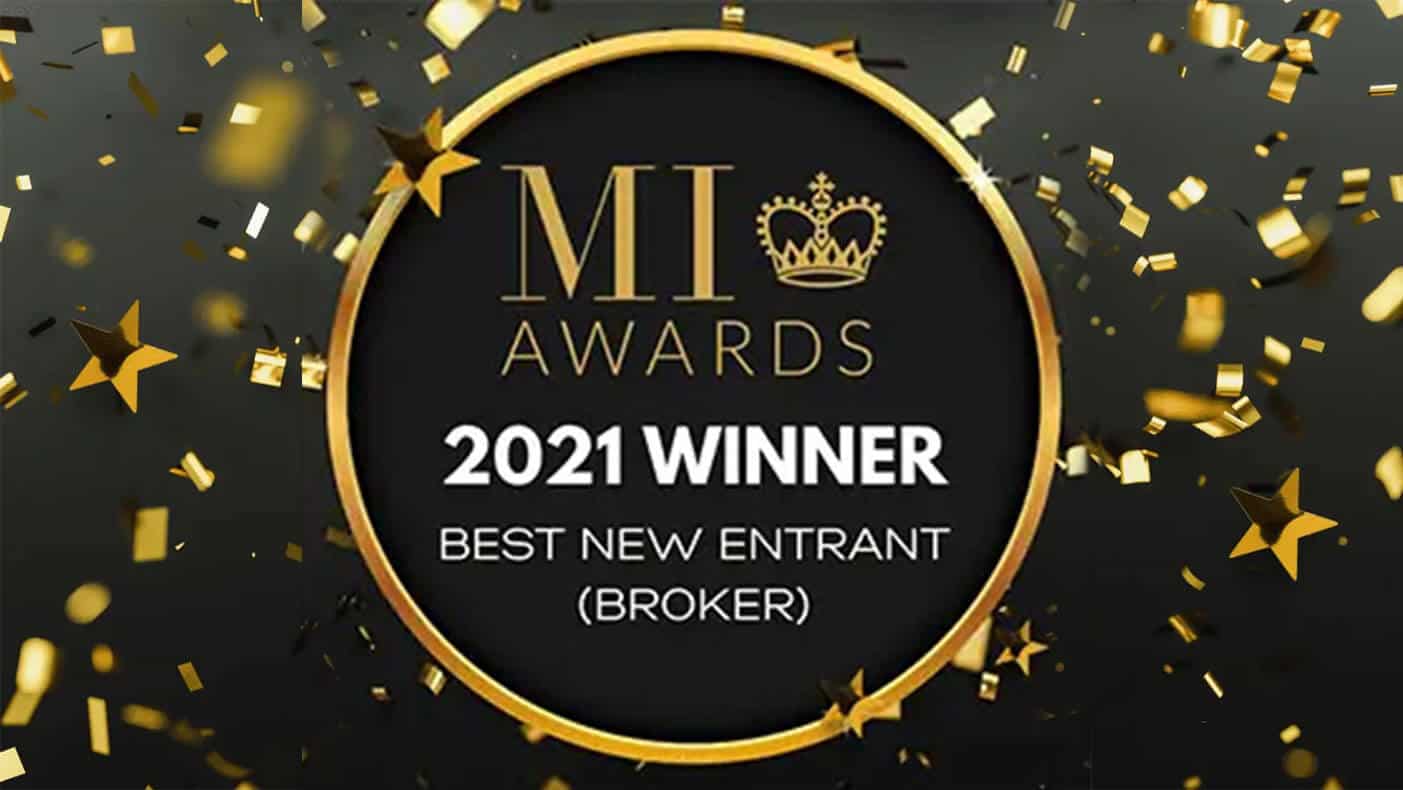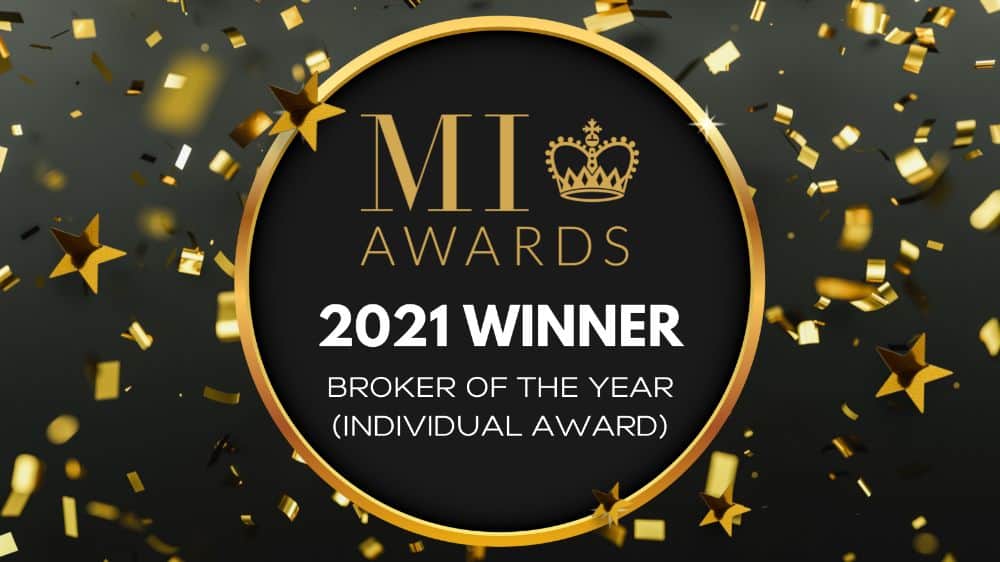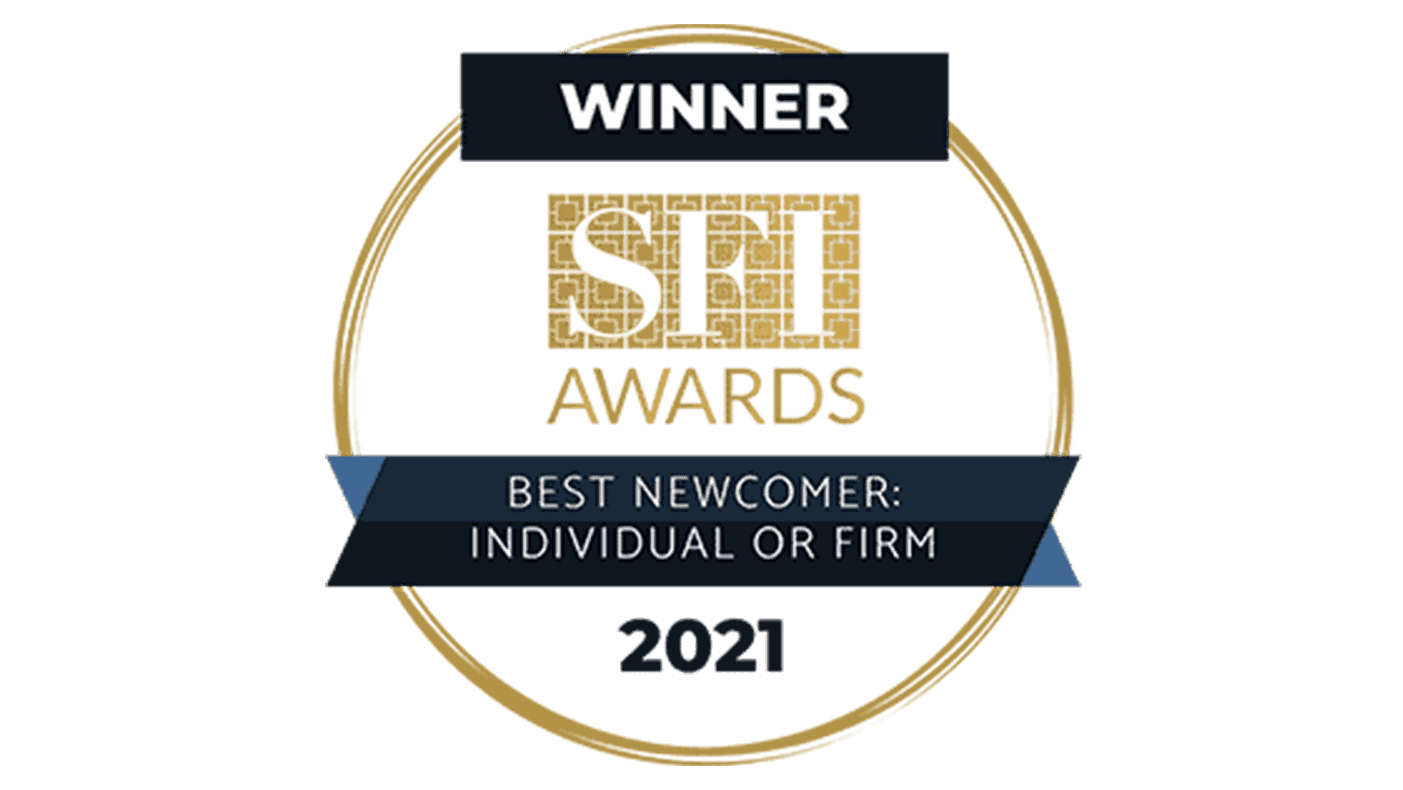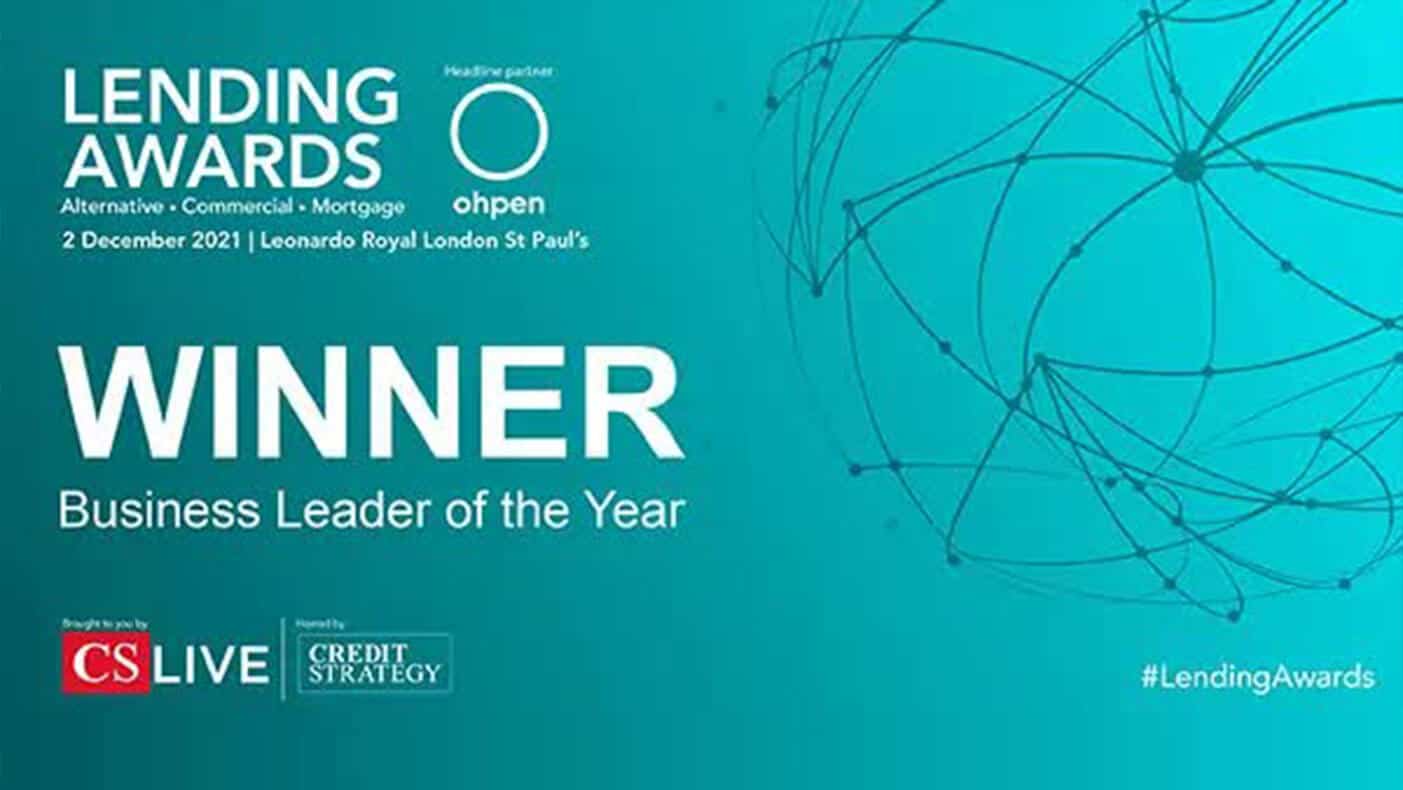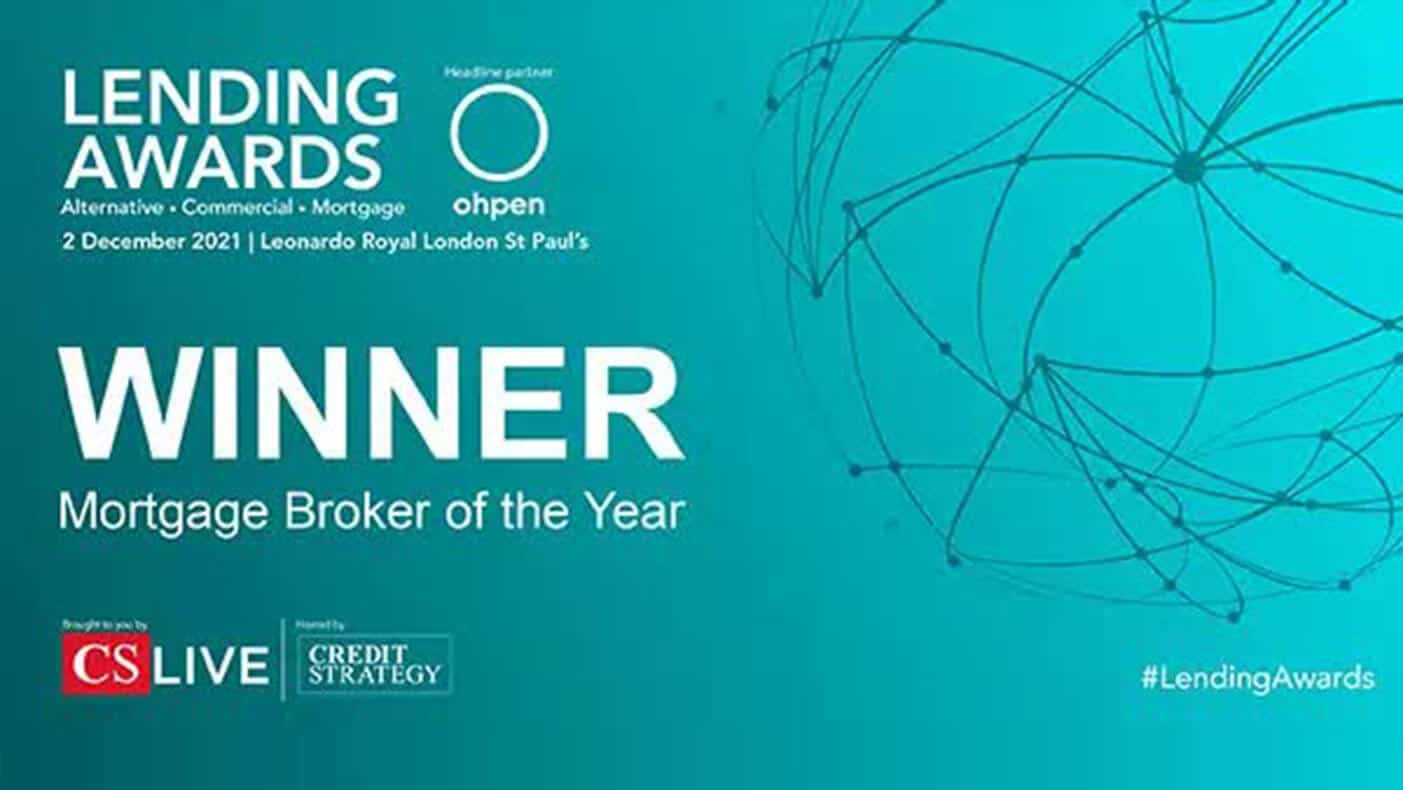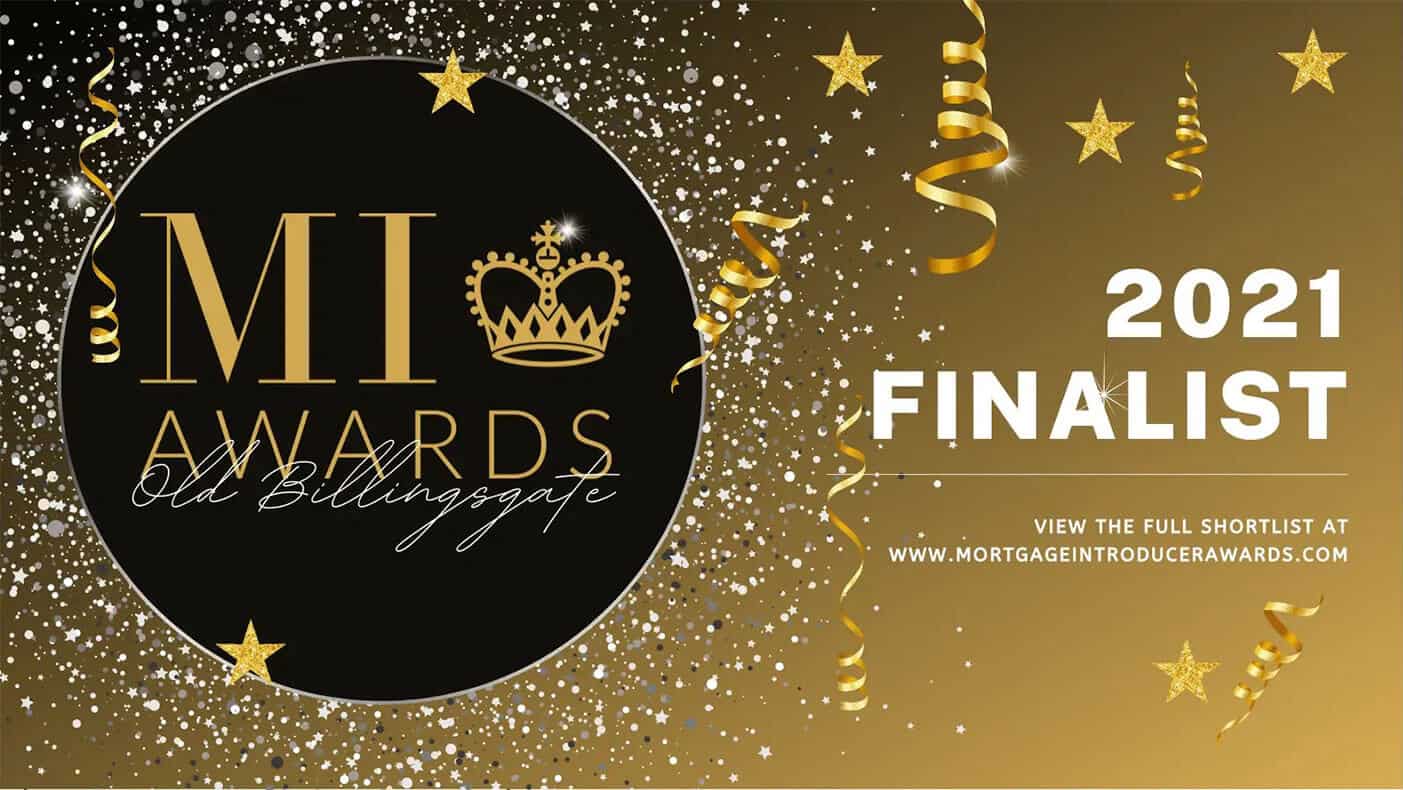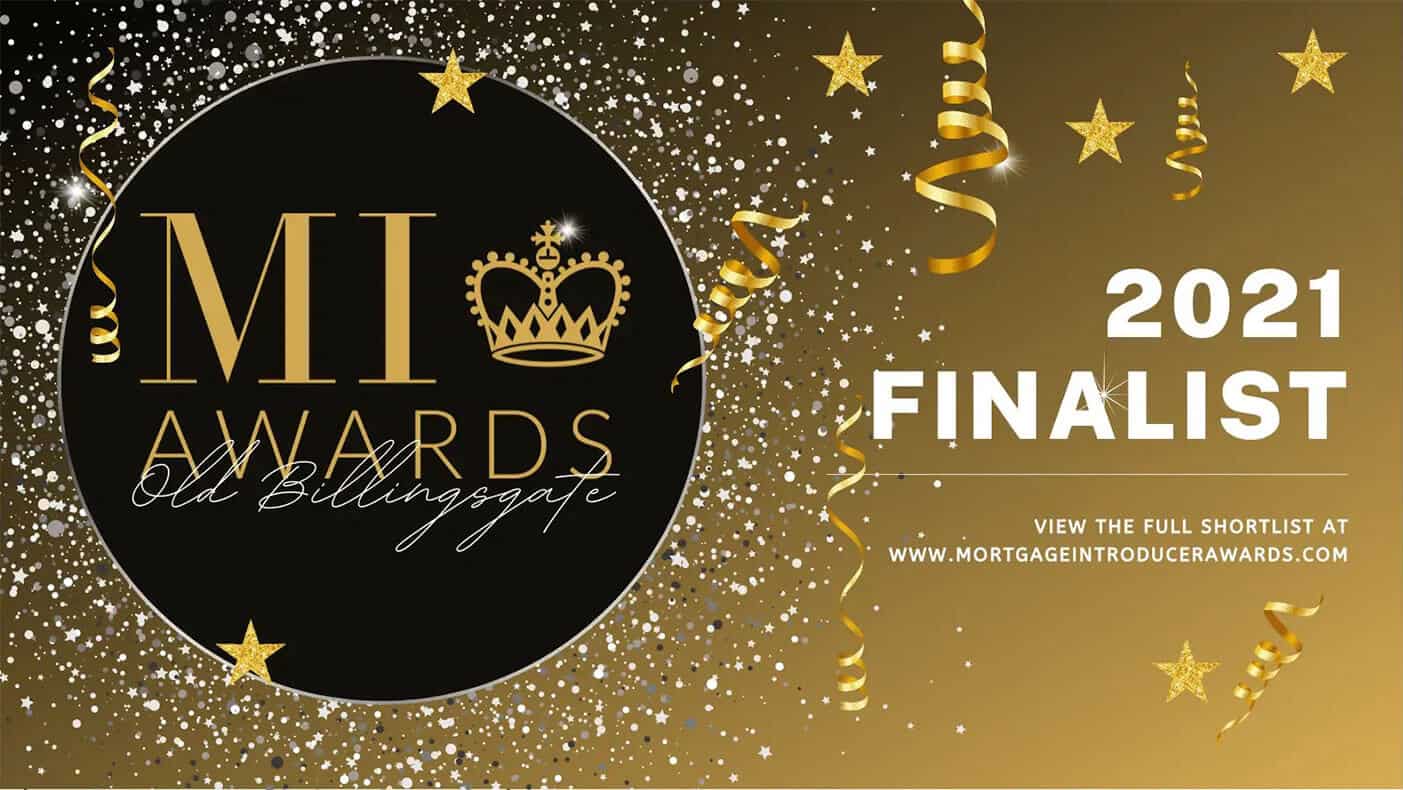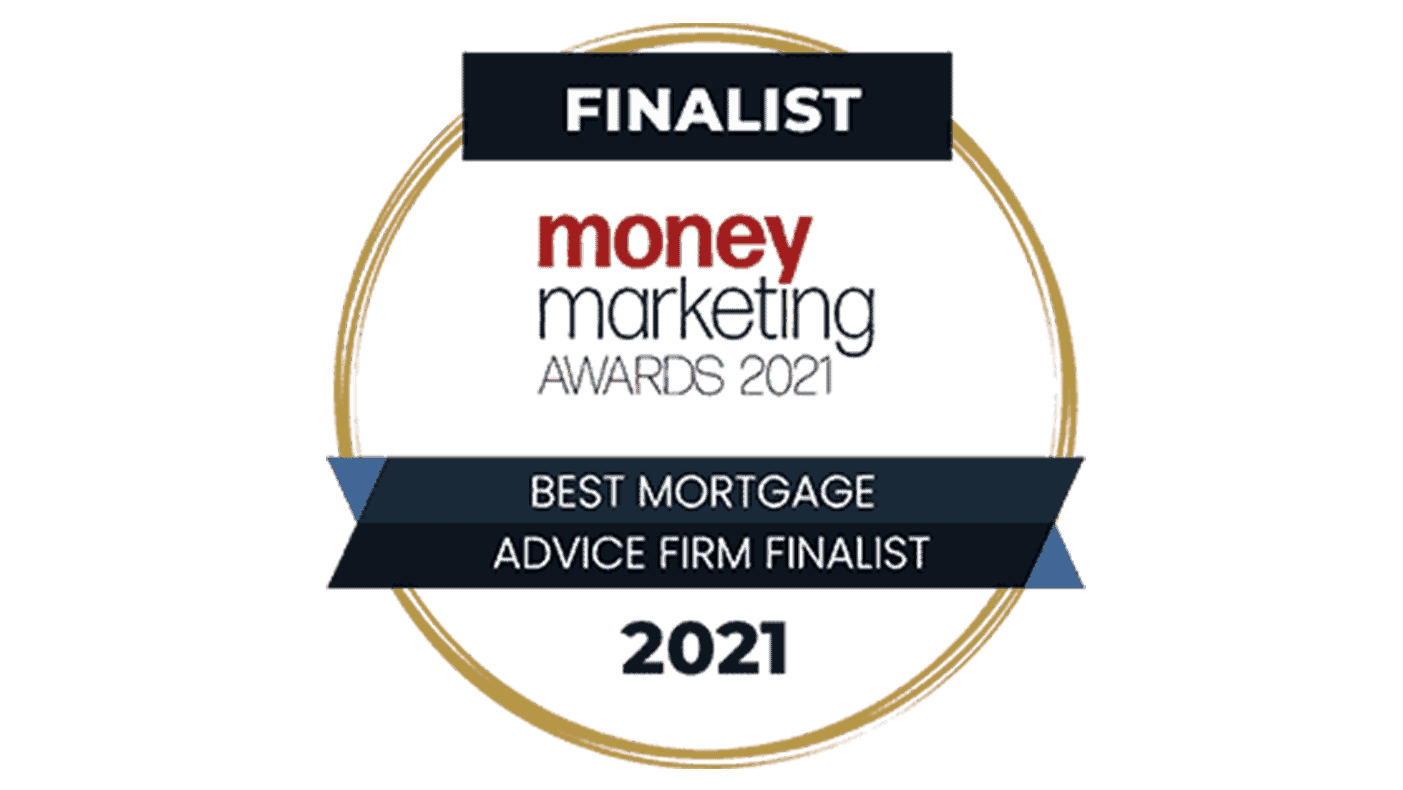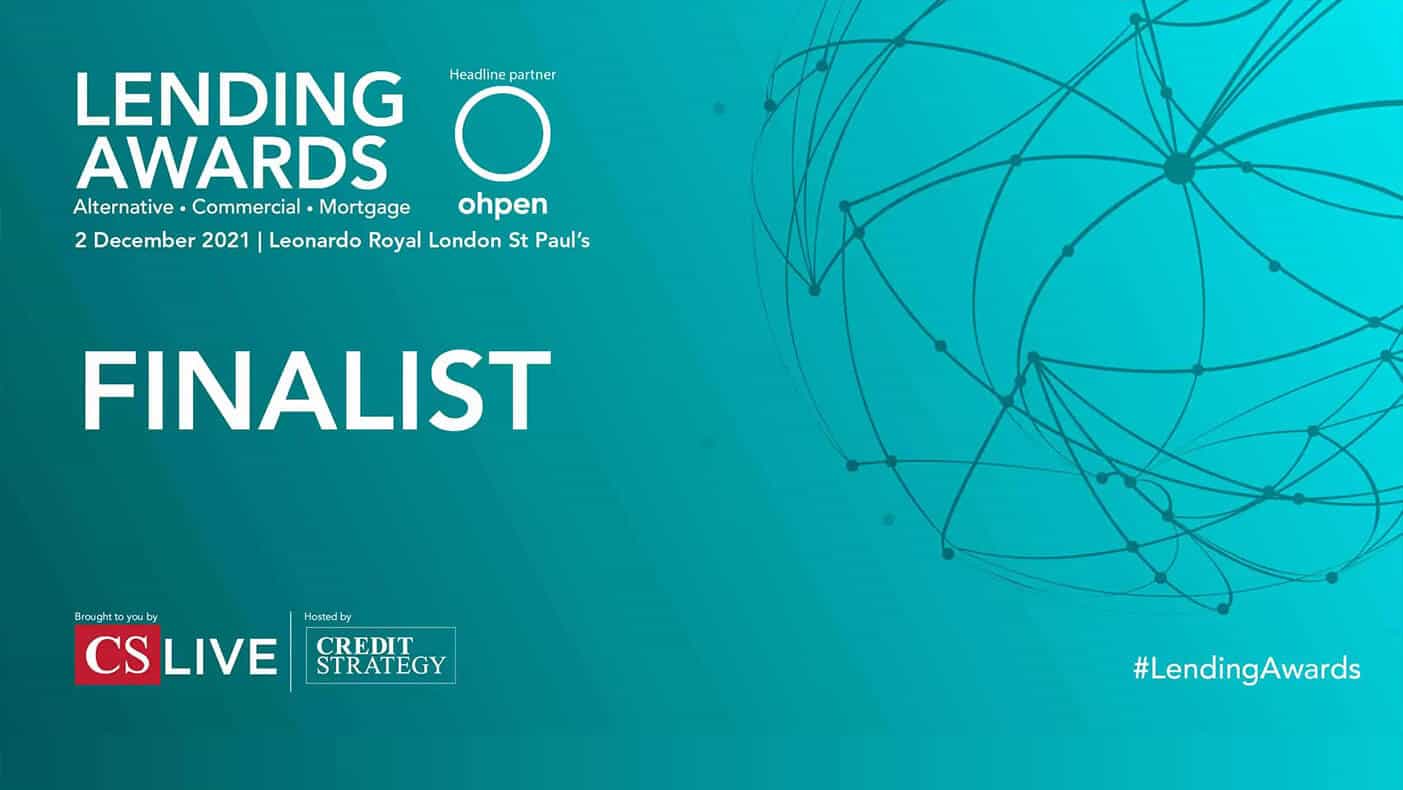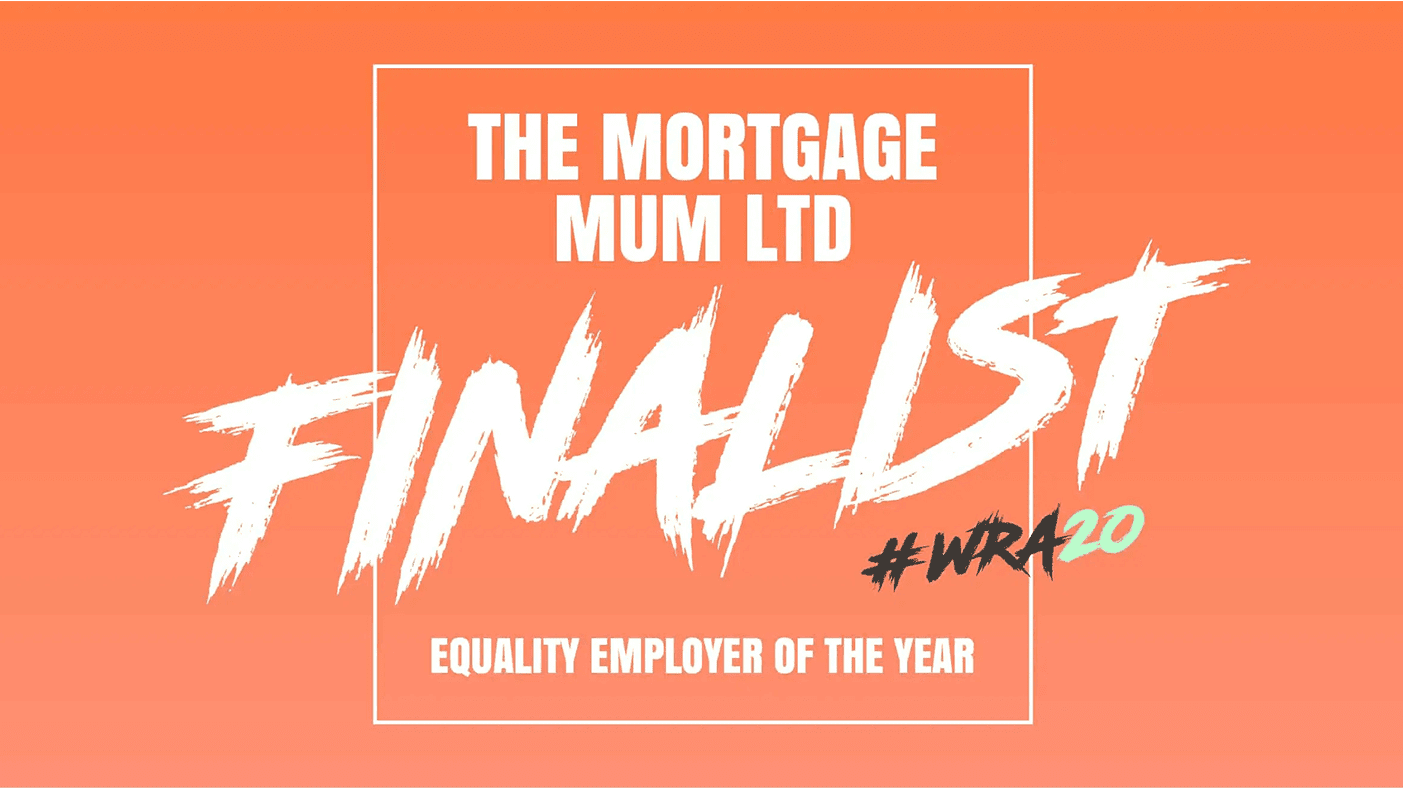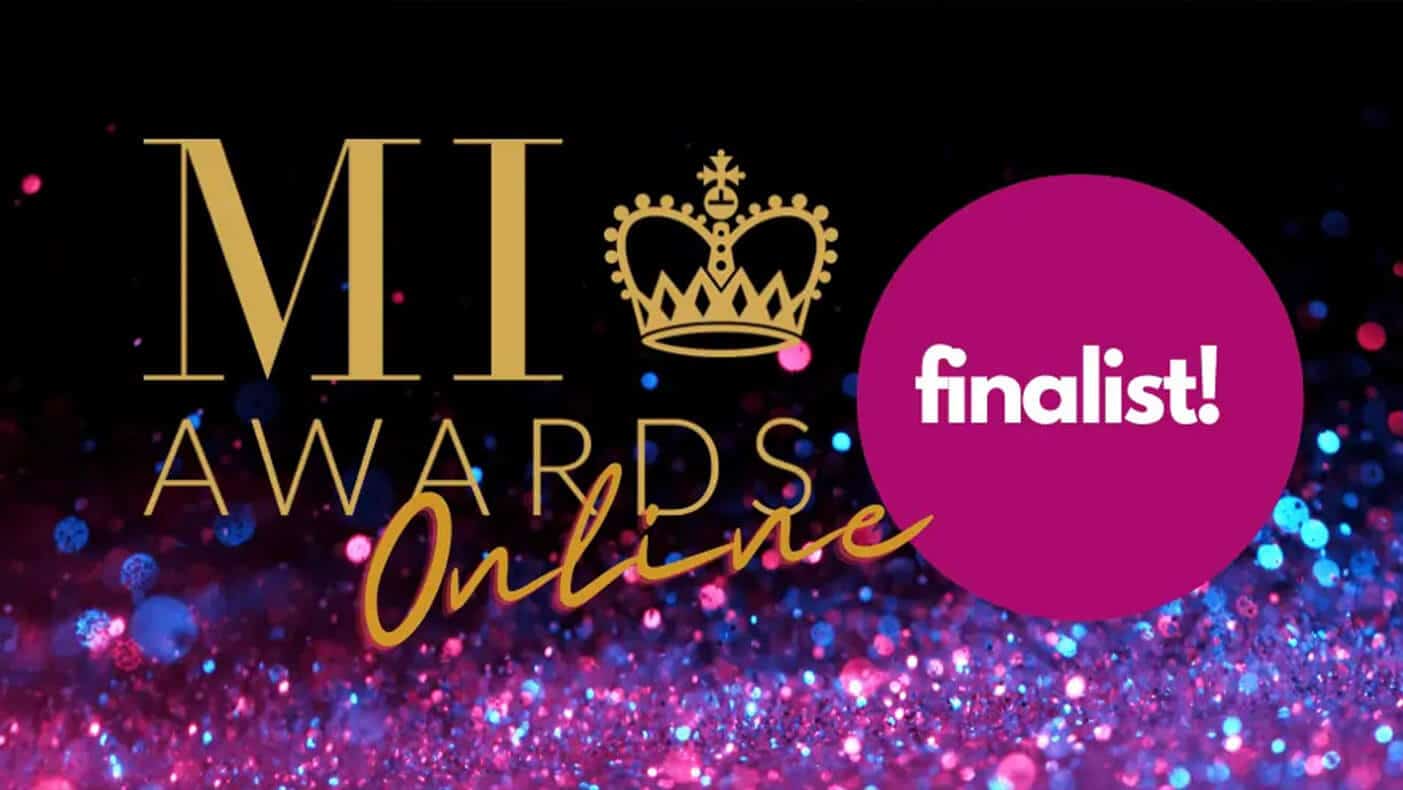Hello, and welcome. I’m Kim Balasubramaniam, one of the senior brokers here at the Mortgage Mum.
This episode is slightly different to the norm as I’m speaking with two of my fellow brokers, Sally Mitchell and Katrina Horstead. We’re going to discuss our individual journeys to becoming mortgage mums.
Sally, give us a brief history of how you ended up here?
Sally: My journey isn’t unusual compared to the other Mortgage Mums, because we’ve all come from such a varied background, but I wasn’t involved in finance at all. I did about 15 years in the city in recruitment, not finance. I used to work for the banks doing their recruitment.
Before coming to The Mortgage Mum, I was a full-time stay-at-home mum, a single parent working around the children. I did a bit of fashion buying, some art consultancy and then I had my own gallery. That came out of a real passion for art that I still have today. It became a thing because I ran out of room in my house for all the art I kept buying, which is embarrassing.
An artist friend said I had a really good eye, so I decided to start selling it to people. Then I moved to Spain for three years, then when the children were ready to leave school, I felt I had another career in me. I felt free for the first time in 20 years, and wanted to find something for me.
I talked to my brother, who’s a publisher, and he had just run an article on Sarah Tucker who had set up The Mortgage Mum. He thought this was right up my street. I said, brilliant, sign me up. And he told me I would have to become a mortgage broker first.
I phoned Ali at the Mortgage Mum and although I had nothing on paper to suggest I could do this job, I explained how I’d be good at it. She told me to get my CeMAP qualification, and then we’d talk.
So at the beginning of lockdown, I started studying from home, with the amazing Paul Archer. If you’re ever stuck and want boot camp style workshops and training videos, Paul is your man. I passed all three CeMAPs in the summer, and started at the Mortgage Mum, not knowing really very much about what it was to be a broker, in October 2020. Fast forward, nearly three years, and I’m Senior Broker and the business manager.
Katrina, how about you? How did you end up here?
Katrina: When I started my working life, I was focused on finance and business. I studied AAT and found myself working for local government in finance and then payroll. Whilst I was doing that role, I chatted to a colleague whose husband was an IFA.
I didn’t want to waste money on rent – I wanted to buy somewhere. She suggested I speak to her husband. So we discussed mortgage options and how to purchase a property – obviously it was all completely new. I didn’t know anything then. I ended up buying my first property and when I found the whole process around mortgages quite interesting.
A few years went by. We remained friends and he suggested I qualify to be a mortgage broker. He said there would be a self-employed job with him for me. It was a bit scary at first, the idea of moving from being employed with a regular income.
But I did my CF6 exams in the background through the Chartered Insurance Institute – it’s essentially the same thing as CeMAP, through a different body. Then I started up on a self-employed basis at an IFA firm. And that was about 20 years ago.
I was self-employed for probably about five years, then I wanted to start a family. At the time, we were going to client’s houses, working evenings and weekends, and that just didn’t fit in with family life. My husband already had an established business and there was an opportunity to buy out a business partner there.
I moved into that, a retail clothing company, and transferred some of my skills doing finance, and marketing, which I loved because I love fashion. It worked around my growing family, but there was always just that niggle of wanting to get back to mortgage broking.
But it was difficult to navigate into it again because the industry had changed so much. Plus, obviously, I’d be starting without a client base because I’d left that behind me.
Then I just stumbled across The Mortgage Mum on Instagram. And later it transpired that my husband knows a fellow Mortgage Mum’s husband. Sarah and the ethos here really resonates with so many of us who want to be flexible but still have a career.
How did Kim get started at the Mortgage Mum?
Kim: I came to this in a bit of a roundabout way as well. I ran a wedding planning company for about 17 years, and absolutely loved it. It was a brilliant job. It was exhausting and all-consuming, but it allowed me to use both my creative head and my analytical head, which I really loved. I got to do some incredible weddings across the country with clients from across the world.
Like Katrina, I was self-employed, and I loved that – for most of my working life, I’ve been self-employed. I was employed at the very beginning when I left university, but only for five years or so. But when COVID hit, obviously weddings really didn’t happen for a very, very long time. It hit the industry very hard.
Lots of people, like me, had run very successful companies for a long time. It was an industry where each year you had to have new clients. You didn’t have a client book, because ideally, people only get married once. They might not recommend friends and family to you, because they wanted you to be their secret. So every year you had to reinvent your client base.
During COVID, a lot of people in the industry took the opportunity to reevaluate. For me, weddings were a world I’d inhabited for most of my life and I loved it, but it was also all-consuming. As a mother of two very small children, I was not really seeing them. Weekends were taken up with weddings or meetings. Evenings were taken up with Zoom meetings. When I had clients in America, it was not the most sociable hours.
I decided that actually this wasn’t something that I wanted to build up again after COVID. I had a rethink. The part of weddings I loved was the logistics, the spreadsheets, the budgets, the figures. My degree was in Maths and Business – is this something that I should explore? In 2021 we decided as a family that we were going to move house for extra space and a bigger garden.
The whole process of buying the home and financing it really interested me. It was something that I could see myself doing. I’ve got a real passion for period property, for interiors and design, and loved that whole process of working out the best thing to do.
I also knew Sonia at the Mortgage Mum. We had a coffee and talked through what to expect being a broker. I then started my CeMAP to become a Mortgage Mum – not a mortgage broker. Following Sarah and speaking to Sonia interested me as much as the broking itself. I liked the thought of having my own mini business, within a collective of other female business owners.
That’s what I had been used to. The wedding industry, unsurprisingly, is very female-led and I love working alongside women. The community spirit among inspiring and empowering women is like nothing else.
I completely self-studied. I got my books from the LIBF website and basically taught myself from the books and did my exams that way. I didn’t do any training courses. I got my CeMAP, applied to the Mortgage Mum, and here I am. I joined just over a year ago.
Is it only mums at the Mortgage Mum?
Kim: No – we have over 30 brokers who have all come at this in different ways. We’re not all mums to start with. Mums are probably the ones who need the flex more than dads, but you don’t have to be a mum to work here, and you don’t have to be a woman either.
It just so happens that we fit the brief, or the brief fits us so well. But we’re looking forward to our first Mortgage Dad. One day, we’ll find him!
We’ve had a Mortgage Son for work experience, and it’s so good for children to see their parents doing something for themselves, something innovative. You go out there and you find the suit that fits, instead of having to fit the suit.
Think outside the box, grab something for yourself, and if it’s not there, make it, which is exactly what Sarah did. Sarah set up the company because she wanted that flex with her young children so she didn’t have to travel to London every day and sit in an office to be successful.
How has lockdown shaped flexible working?
Kim: It’s interesting, isn’t it? Sarah set up the Mortgage Mum up before COVID when it was rare to do meetings over Zoom and not face-to-face. My husband worked in Switzerland before COVID, and he used to commute on a weekly basis. He couldn’t possibly do his job without being in Switzerland.
But then lockdown happened and suddenly remote working was absolutely fine. I think it’s interesting how Sarah saw something that was really groundbreaking at the time, but is now so commonplace for all of us.
Sally: When I moved out but still worked in London, I spent four hours a day commuting. What a waste of time and money – and it’s bad for the planet.
What do you wish you’d have known sooner?
Sally: I wish I’d known that being a broker is very, very different to all the theory that you learn.
I was unprepared for how different it is to put the learning into practice. I’m glad, actually, because it’s all about relationships and communication. Yes, you’ve got to know your stuff but if you just talk to your client and find out about them, their needs, wishes and desires, it’s a much more interesting journey for both of you. Plus, you do a better job.
It’s not just a mortgage for £100,000, – it’s so much more than that. Hopefully you’ll have these clients until they’ve paid off their mortgage in 25, 30 years, and then hopefully you’re advising their children. Clients become such an important part of your day to day. And I wish I’d known that because that’s a massive positive. It’s the most human job – it’s all about people.
Kim: I’m inherently quite nosy, so I love finding out people’s plans and what they want to do in the next five or 10 years, what they do for a living, what their children are like. It’s fascinating to unpick all of that and then, like you say, have them as clients for life, which is brilliant.
Sally: When talking about mortgage protection, it can get deeply personal. We’re responsible for making sure that they can always afford their mortgage. If anything untoward should happen to them or their family, they are protected and covered. It’s quite intimate. We probably know our clients better than their doctors.
Katrina: I wish I’d known in advance what was going to happen to the economy for the last 10 months [podcast recorded in January 2024]. For me, the industry has changed so much from when I started out to where we are now.
Regulation is the main thing – and it’s for the good. There’s a lot more regulation than there used to be. You used to be able to get self-cert mortgages and 125% mortgages. When you look back, that’s bonkers, isn’t it? People could just choose how much they earn and say they could afford it. It’s great to have the regulation in place.
And similar to Sally, when you do the qualifications there’s so much you don’t learn. The human interaction, forming relationships with potential clients and getting into the nitty-gritty of what they really want. That’s not something you learn from a textbook.
For anyone thinking of coming into this industry, there’s so much more to it. But in a good way. You have to dig a bit deeper to get information from people to give them the very best advice.
It’s like training to be a surgeon, but not doing any operations. You wouldn’t want that surgeon operating on you, would you?
What does regulation mean in practice?
Katrina: There’s more onus on the broker than there used to be. It used to be that if the lender wanted to see your payslips, they’d contact you and ask for them. The broker has to do a lot more of that packaging now. The shift has moved from the lender to the broker.
The time to put a case together is that much longer. But the fundamentals are still the same. And it’s moved for a positive reason. The industry has changed. It had to. People needed to be protected because there was irresponsible lending.
Now, with what’s happening in the economy, thank goodness we have got those checks and balances in place. People do have a level of protection that they simply didn’t have before. It is time consuming, but it’s important.
Kim: I quite like it. I love a checklist. I love to know I’m ticking all the boxes. I really like that security, of doing everything the right way.
Sally: It’s a huge responsibility – this is the most important, expensive thing that anyone will probably buy or borrow for in their life, and you’ve got to get it right. When you are handling people’s lives and their mortgages, you realise the impact of what you’re doing, if it doesn’t quite go according to plan. Life could throw them a curveball. It’s definitely to be taken seriously, although we do try and make it as light and as fun as possible.
We want people to enjoy it, to look forward to their meetings instead of thinking they’ve got to go see the headmistress.
Do you feel that the CeMAP prepared you for life as a Broker?
Sally: No. I think there’s a big gap. I didn’t know anyone else who was a broker, and I was a bit clueless, actually. I wish there’d been something in there: a life in the day, or a short video or about the top 10 issues you might come across, just to give a flavour.
Because we all work remotely, I never got a chance to sit with other people and learn from them. It’s a bit of luck – fake it till you make it. In recruitment I learned from other people who are really good at their job. And that’s the one thing that I think I would have liked to have changed. I would have liked to be sitting next to a Katrina or a Sonya because I think I would have been a better, more effective broker faster.
I just didn’t know enough about the nuts and bolts of day to day of being a broker. I wish CeMAP or any other body could have given me a bit more of an insight.
Kim: I agree. It’s a great foundation because it gives you all the theory. But I did keep thinking throughout the time, what do I actually do with a client? I was concerned about how I would actually find the mortgage rates. I didn’t even know whether there was going to be a database or if I had to go on to all the different lenders’ websites.
I knew that you were given an illustration and that was something that I would have to do but not how to get to that point. I remember saying to my husband, I don’t actually know what I’m going to do on a daily basis. Would I go through every mortgage on the market to work out which was the best one for my clients? If so, could I only do one client a month?
I guess that because there are so many different systems, they probably can’t cover them all. I knew what the theory was and what different products meant, but in terms of what I would be doing on a day-to-day basis or what my options would be, I was nervous. What would I do if this doesn’t work out?
Sally: All of us were focused on The Mortgage Mum, weren’t we? I didn’t have a plan B. Wanting to work flexibly, being a woman, and also being slightly older than 25, and not having had a proper CV for 20 years, who on earth would take me on?
It was a nerve-wracking day or so after my interview wondering if Sarah might say no, then what do I do?
Katrina: I agree with you – it just doesn’t teach you the job. It doesn’t teach you the skills you can only get from buddying with someone. You’d need to already be in either a firm or go down the self-employed route and be directly authorised.
There’s so many different routes you can go down to come into the industry. It can be a minefield. Even for me, who started some time ago, it’s hard to find the right fit for you. And those things certainly don’t come out of the qualification. They don’t teach you the different routes that that career can take you.
Kim: That’s the thing, isn’t it? Obviously, we found Sarah and the Mortgage Mum, and that’s brilliant for us, but it’s not going to be right for everybody. There’s going to be different paths that different people want to make. Nothing shows you what’s next after the CeMAP.
What are your top tips for a woman looking to do their CeMap, or is qualified and wants to work in the industry?
Katrina: Go for it. If it’s something that you want to do and that you have a passion for, then just do it. There’s normally a way of getting yourself where you want to be.
It’s still quite a male dominated industry, but a huge place for us women because we come with different qualities. We come with maybe a bit more empathy – we bring a whole new thing to the role. So follow whatever dreams you might have and do it.
Sally: Exactly the same. Be brave, take that leap of faith. With all of us, there’s been hours at work to get us to this stage. If you talk to all the other brokers, there’ll be something out of the ordinary that drew them to The Mortgage Mum. It’s random stuff.
I would also say do lots of research, because I wish I’d known a little bit more. I was lucky I found the Mortgage Mum. Reach out to people. If you don’t have the contacts, use social media. Start to follow people. Find the federations. Follow Mortgage Strategy magazine, Mortgage Introducer, and read the trade publications to get a better idea of how the industry works.
Follow it on the news. Put a Google alert out for Bank of England base rate – it’s a rich seam at the moment. There’s always some story about fixed rates. Have a look – if it excites you, you’ve passed the first test.
Kim loves design and is very creative, and Katrina is the same – but I think I’m a closet nerd.
If you met me, you wouldn’t necessarily think that I get excited by fixed rates, the economy and what the Bank of England is doing. My favourite thing is to try and translate all that dry stuff into everyday language that people can understand.
I discovered that about myself. So do research, and ask lots and lots of questions to see if it’s the right thing for you. We’ve got the full range of experiences, personality types and backgrounds – geographically, educationally, socially. We’ve got it all in the Mortgage Mum. It is a career for every woman or man.
What do you need to be good at as a broker?
Kim: There’s so much more to it than just arranging a mortgage for somebody, particularly when you are self-employed. You are a broker, but at the same time you are an accountant, a social media manager and a publicist.
Doing all of those things is part of what I loved about running my wedding planning company. I’m a very aesthetically driven person. I love creating and translating quite dry material into something that is aesthetically pleasing and understandable for people. It’s really rewarding.
It means that the day-to-day stuff is never dull. It never feels like a chore because there’s always something different. No days are ever the same. You never really know what’s coming, particularly at the moment with the changes that are happening on a daily, hourly basis.
It’s not just a standalone topic. Mortgages are linked to so many other parts of everybody’s lives – that it makes it super interesting and rewarding.
Sally: We do have to control every single bit of our business life, and you do wear an awful lot of hats. Sometimes it can be a juggle. I suppose it’s not for everybody – being a self-employed broker might not be the best fit, because you can’t underestimate how many plates you have spinning. But not everyone has to be self-employed as a broker.
Katrina: No, absolutely not. Some people are much better suited to an employed role, and one is neither better or worse than the other. It’s just different… It’s a bit like finding the right mortgage for somebody, isn’t it?
There’s no right or wrong answer. There is just a right thing for each person. That’s the same with your working style and your working world, you’ve got to find the right fit for you.
I’m very glad that both of you have found the right fit in the Mortgage Mum and our fellow Mortgage Mums with me.
Read our Guide
We really hope that you have enjoyed today’s episode and had a little bit of an insight into the three of us and how we got here. If you are thinking about doing your CeMAP or you’ve qualified, but you’re really unsure about what happens next, then the Mortgage Mum has created an amazing downloadable online course, Your Complete Guide to Becoming a Mortgage Broker.
It gives you an insight into what it’s really like to be a mortgage broker, and covers all sorts of things – like whether to be employed or self-employed, what firm is right for you, interviews with the mortgage industry, how to find leads, the importance of branding, access to behind the scenes of the mortgage mum, and other topics such as manifesting.
It’s a seven-part course which can be launched online at your convenience, and you can skip the chapters and go back over them as many times as you want to. So if that’s something that you would like to investigate, do have a look.
I’m sure it’ll be something that will be really useful for you. Thank you, Sally, thank you, Katrina, for joining me today. And thank you for listening.




